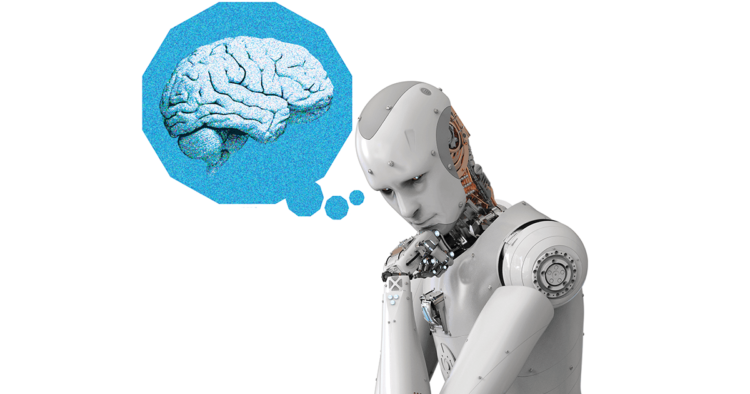
iStock
“It is desirable to guard against the possibility of exaggerated ideas that might arise as to the powers of the Analytical Engine. In considering any new subject, there is frequently a tendency, first, to overrate what we find to be already interesting or remarkable; and, secondly, by a sort of natural reaction, to undervalue the true state of the case, when we do discover that our notions have surpassed those that were really tenable. The Analytical Engine has no pretensions whatever to originate anything. It can do whatever we know how to order it to perform. It can follow analysis; but it has no power of anticipating any analytical relations or truths. Its province is to assist us in making available what we are already acquainted with.”
Augusta Ada King, the Countess of Lovelace, 1843
The first words uttered on a controversial subject can rarely be taken as the last, but this comment by British mathematician Lady Lovelace, who died in 1852, is just that – the basis of our understanding of what computers are and can be, including the notion that they might come to acquire artificial intelligence, which here means “strong AI,” or the ability to think in the fullest sense of the word. Her words demand and repay close reading: the computer “can do whatever we know how to order it to perform.” This means both that it can do only what we know how to instruct it to do, and that it can do all that we know how to instruct it to do. The “only” part is what most earlier writings on the subject have been concerned with, but the “all” part is just as important – it explains (for those open to explanation) why the computer keeps performing feats that seem to show that it’s thinking, while critics, like me, continue to insist that it is doing no such thing.
Continue reading
and if you do you will come to following statement at the end!
Mark Halpern joined IBM’s Programming Research Division in 1957, just after the release of Fortran, and later worked for a number of software companies. He writes about computing and linguistics.
at which point I said “You beat me by four years” talking, of course, to the computer. My first employer in this field was Elliott Brothers of Boreham Wood rather than IBM. And I was the only girl in the 1961 intake of trainees.
Labels:
artificial_intelligence, AI, thinking_computers, algorithms,
No comments:
Post a Comment